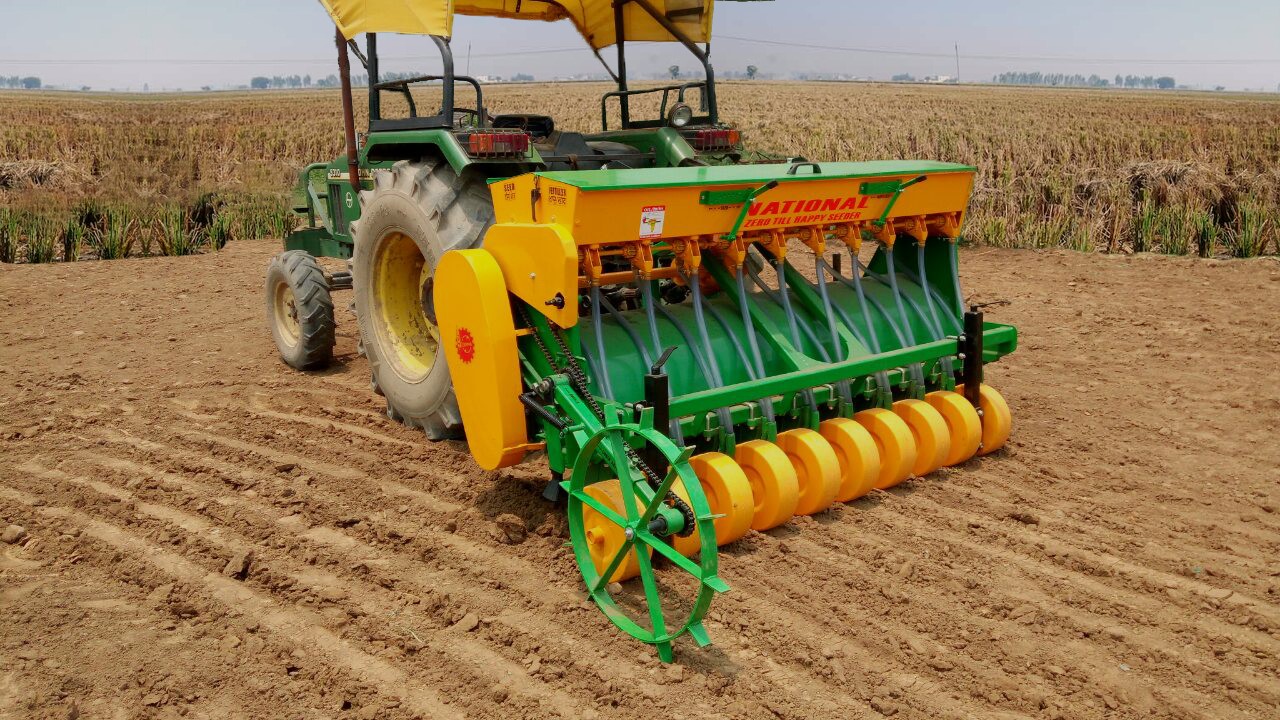Food security no longer remains simply a matter of increasing productivity and growing more grains. High-yielding varieties, extensive use of fertilisers and more irrigation worked like magic for the past few decades to pull India out of its dependence on imports to feed its growing population. But methods employed in modern agriculture for industrial-level food production are turning agriculture into a major contributor to climate change through environmental degradation and generation of greenhouse gases. It is not surprising that the scales are tilting in favour of environment-friendly farming that also ensures there is no drop in production yield.
The deleterious impact of conventional farming on the soil has become evident in India in the form of salination, water pollution, depletion of groundwater and air pollution. This has put a question mark on the capacity of agriculture to provide cheap food in adequate quantities for the country’s increasing population. Naturally, farming methods have come under the scanner. An international effort known as the Rice Wheat Consortium (RWC) for the Indo-Gangetic Plains (IGP) was created in 1994 to help the Ganga Basin countries—India, Pakistan, Bangladesh and Nepal—to cooperate in research on agricultural production and productivity in the region. This consortium’s main aim was to study and promote ‘conservation agriculture’ (CA) as other prominent alternative farming methods proved impractical. It seems a tenuous consensus is emerging around CA, in which deep ploughing for seedbed preparation is replaced by zero-tillage cultivation.
- You get access to all our stories for one day
- You get access to all our stories for one year.
- You get access to the entire archive.
- You get access to all our stories for two years.
- You get access to the entire archive.


























